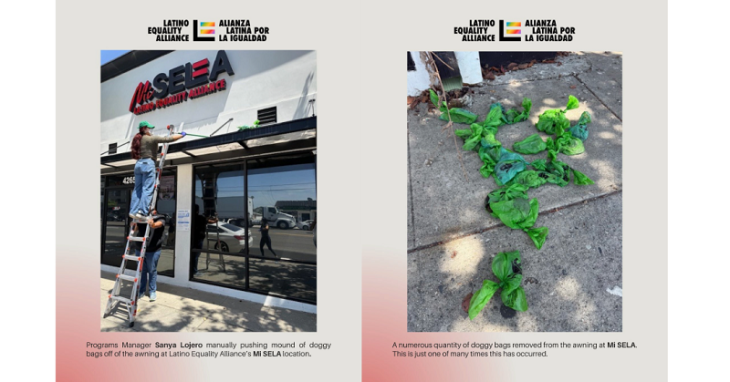Anyone who has faced an issue with substance use knows the importance of getting help. For many people, entering an in-patient rehabilitation program is the first step toward overcoming addiction. The structured environment and support from experienced professionals enable individuals to safely detox and learn coping skills for managing addiction.
However, at some point, the time in treatment will come to an end. Returning to one’s everyday life after rehabilitation can be a difficult transition. Without a plan, relapse is much more likely. For this reason, addiction specialists recommend putting together a post-treatment plan to serve as a roadmap for maintaining sobriety.
Build a Support System
Often, a patient’s pre-treatment social life was intertwined with substance use. As a result, sobriety may mean losing friends. Unfortunately, isolation and loneliness are risk factors for substance use.
It is essential for individuals leaving rehab to tap into healthy sources of social support. Group therapy or peer support groups are a great way to connect to others going through similar experiences. Patients enrolled in a Los Angeles treatment center can often access group counseling through after-care services.
Trusted friends and family can also serve as important allies. Working with a mental health professional can also help to reinforce healthy coping mechanisms.
Be Self-aware
Being cognizant of one’s emotional state is also key to maintaining sobriety. Often, people turn to addictive substances to address underlying issues, such as stress, anxiety, or grief.
Psychologists have also noted that people experiencing a deficit in a basic need, like sleep or sustenance, are more likely to make poor decisions. The acronym HALT includes the four most common causes of low mood- hunger, anger, loneliness, and tiredness. Doing frequent self-check-ins using the HALT guidelines enable individuals to assess and address their current immediate needs.
Follow a Routine
Leaving the treatment center doesn’t have to mean leaving behind the sense of routine and structure. In fact, maintaining a routine is one of the most effective ways to make a healthy transition into everyday life.
Having a pre-decided routine reduces the number of last-minute decisions one has to make throughout the day. This lowers anxiety levels and gives people a feeling of control over their circumstances.
People in recovery should consider creating and following routines for different aspects of their lives that incorporate healthy habits. This can include frequent exercise, stress management techniques, and planned social activities.
While routines are helpful, they can actually become a source of stress if they are followed too rigidly. Adapting to new routines takes time and effort. It is important to allow some leeway when disruptions or delays occur. The most important thing is finding a balance between planning and flexibility.
Avoid Triggers
Although relapse is often thought of as a single event, the process actually occurs in three distinct stages. Individuals often relapse emotionally and mentally before physically engaging in the behavior they are trying to avoid. In addition to monitoring one’s emotional and mental health, individuals in recovery must minimize their interactions with known triggers.
Exposure to certain environments, people, and circumstances can trigger a psychological craving for a substance or activity. These cravings can eventually lead to relapse.
Triggers are very individual, but there are some scenarios that are common triggers for people managing substance use. This includes events or venues where drinking or drug usage is commonplace, such as nightclubs or parties.
If one must attend a party, bring along a sober friend or family member to provide moral support. There are also many venues that offer trigger-free experiences to support individuals in recovery. For example, event organizers in West Hollywood throw an annual dry New Year’s party that delivers a festive atmosphere without any temptations.
Celebrate Your Wins
Recovery is a long road, and there are lots of milestones to achieve along the way. Recognizing these incremental victories is key for keeping up morale and acknowledging one’s progress.
It is also common for many people recovering from addiction to have used drugs or alcohol as a way to celebrate. The ability to process significant life events without turning to a substance is a very important milestone itself. Celebrations can be as small as treating one’s self to an indulgent dessert, or as elaborate as hosting a get-together with family and friends. Celebrations shouldn’t include any events or locations that can trigger cravings.






















